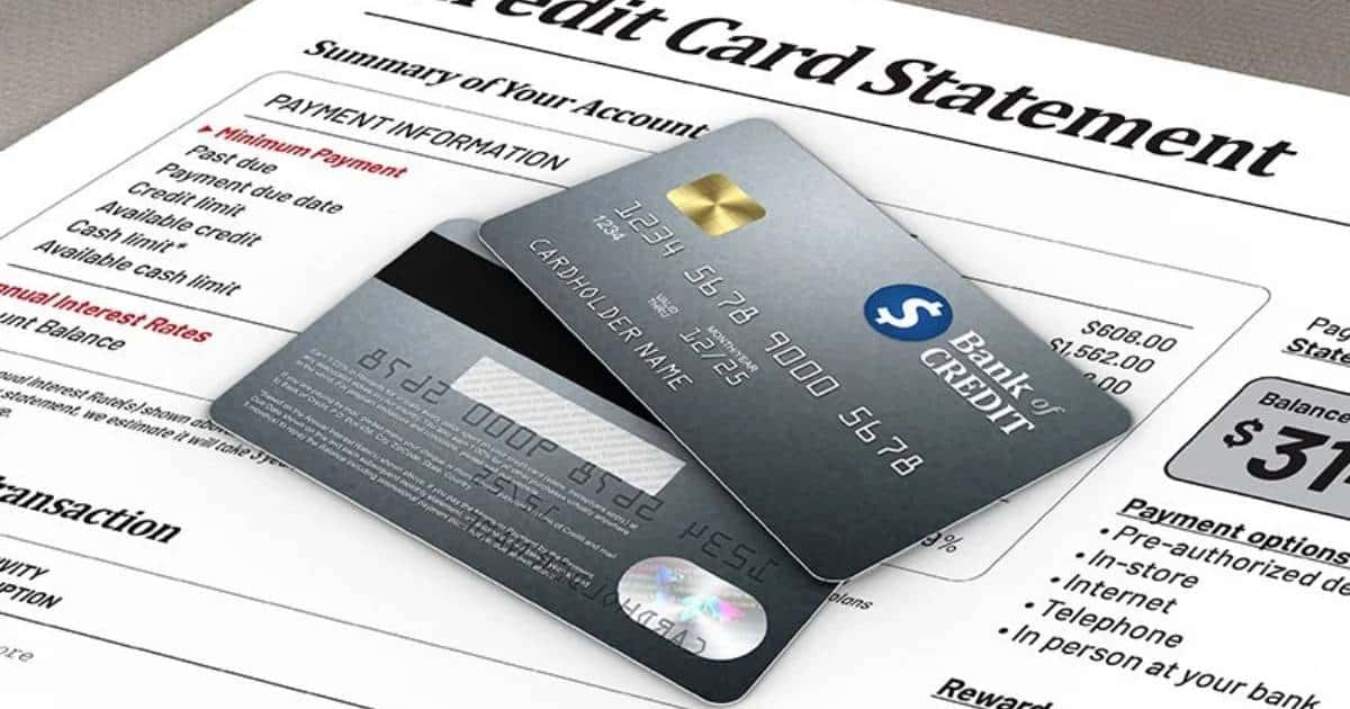Have you ever glanced at your bank statement and noticed a strange code like “ACH-COMN-CAP-APY-F1″?
It can be confusing, leaving you scratching your head and wondering what it means. Don’t worry, you’re not alone – many people find themselves puzzled by these seemingly cryptic financial codes.
Understanding your bank statement is crucial for effective money management. That’s why I’m here to unravel the mystery behind the “Comn Cap APY F1 credit card charge” and help you navigate the sometimes-bewildering world of finance with confidence.
Cracking The Transaction Code: ACH-COMN-CAP-APY-F1
Let’s start by breaking down this code into its components:
- ACH: These three letters stand for Automated Clearing House, a network that financial institutions use for electronic payments and money transfers. Think of it as the digital highway that securely shuttles your money from one account to another.
- COMN: This abbreviation represents Comenity, specifically Comenity Capital Bank.
- CAP: “CAP” is simply shorthand for “Capital,” tying back to Comenity Capital Bank.
- APY: In this context, APY means AutoPay – a convenient system that automatically transfers funds from your account to cover recurring charges.
- F1: Finally, “F1” is a code that can signify a particular store or credit card, like the new Ulta credit card or other store-specific cards under the Comenity Capital Bank umbrella.
So, in plain English, the “ACH-COMN-CAP-APY-F1” charge on your bank statement indicates an automatic payment made through the Automated Clearing House network to a credit card issued by Comenity Capital Bank. The “F1” part often represents a specific store or credit card account.
Why Is This Code on My Bank Statement?
Now that we’ve decoded the “Comn Cap APY F1″ charge, you might be wondering why it’s appearing on your statement. Here are a few potential reasons:
You’ve Authorized Payments Through Comenity Capital Bank
One likely scenario is that you have an account or credit card with Comenity Capital Bank. Perhaps you set up an auto-payment authorization without realizing it, or you may possess a card that falls under the Comenity Capital Bank umbrella.
Might be You’ve Utilized a Store Card
If you’ve ever made a purchase using a store credit card at retailers like ULTA, IKEA, Costco, Victoria’s Secret, J. Crew, Pottery Barn, or any other store partnered with Comenity Capital Bank, the “Comn Cap APY F1” charge could be related to that store card.
It’s an Auto-Payment
In most cases, this charge stems from an auto-payment processed by Comenity Capital Bank on behalf of a store service. Instead of the store handling the payment separately, Comenity takes care of it directly through an automatic deduction from your account.
If none of these situations ring a bell, don’t panic just yet. Carefully review your recent statements and cross-reference them with any paper or email bills you might have received. If you’re still unsure, don’t hesitate to reach out to your card issuer for clarification.
Who Is This Comenity Capital Bank, Anyway?
Before we go any further, let’s shed some light on Comenity Capital Bank itself.
Comenity Capital Bank is a specialized financial institution that partners with major retailers and stores to provide store credit cards to their customers. They’re the invisible force behind the scenes, making your retail credit card experience possible.
You might be using a Comenity Bank credit card without even realizing it, as they’ve struck up partnerships with numerous retailers across the United States and beyond.
So, if you’re wondering whether this “Comn Cap APY F1” code is exclusive to American shoppers, the answer is a resounding “no” – it’s a global phenomenon.
Can I Dispute This Charge?
If you find the “Comn Cap APY F1″ charge on your bank statement and it still doesn’t make sense, what should you do? Your first step should be to contact your bank or card issuer directly.
Be prepared to provide as many details as possible about your case, especially if you suspect any unauthorized activity. Your bank or issuer may want to know about your spending habits, when you first noticed these charges, and any other relevant information.
If you have even an inkling that someone might be opening accounts or obtaining cards in your name without your consent, it’s crucial to report it immediately.
Your bank or issuer can guide you through the necessary steps and potentially beef up your account security by issuing new cards and PINs.
FAQs
Here are some common questions regarding the “Comn Cap APY F1” credit card charge:
I don’t have an account with Comenity Capital Bank. Why am I seeing this charge?
Even if you don’t have a direct account with Comenity Capital Bank, you may have used a store-specific credit card linked to Comenity Bank at participating retailers. The charge could be related to one of these store cards.
How can I confirm if the “Comn Cap APY F1” charge is legitimate?
Review your recent purchases and check for any store-specific credit cards you may have used. Cross-reference the charge with any paper or email bills you’ve received. If you’re still unsure, contact your bank or card issuer for clarification.
Is Comenity Capital Bank a legitimate financial institution?
Yes, Comenity Capital Bank is a legitimate financial institution. They specialize in providing store-specific credit cards in partnership with various retailers and brands.
While you may not have heard of them directly, they operate behind the scenes to facilitate retail credit card services.
Final Thoughts
The world of finance can be a daunting maze, with codes and numbers often leaving us feeling lost and confused.
But remember, you’re not alone on this journey. Understanding the “Comn Cap APY F1” charge and the role of Comenity Capital Bank is a crucial step toward financial confidence.
If you ever encounter unfamiliar charges or codes on your statements, always take proactive steps to investigate further. Don’t hesitate to reach out to your bank or card issuer for clarification and guidance.
“Knowledge is power, and understanding your financial landscape empowers you to take control of your money.” – Anonymous
You’re the captain of your financial ship, and decoding those seemingly cryptic bank statement codes is just one part of navigating the waters successfully. With a little knowledge and determination, you can conquer the financial maze and achieve true financial literacy.
So, keep learning, keep asking questions, and keep taking charge of your financial well-being. The “Comn Cap APY F1” code is no match for your newfound understanding and proactive approach.











